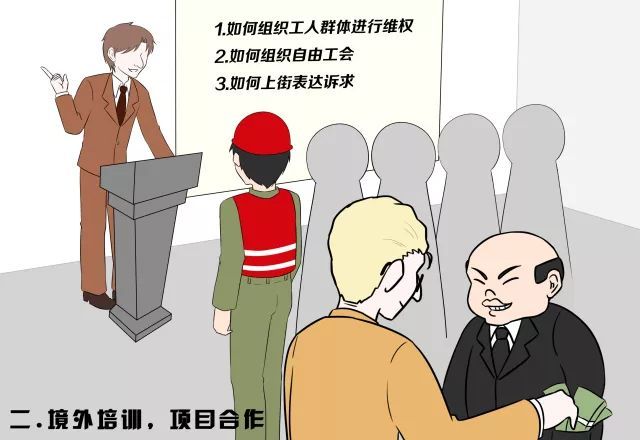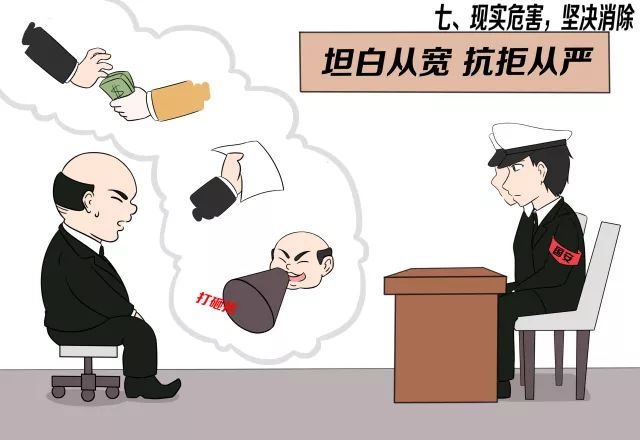National Security Education Day in China puts emphasis on ‘foreign infiltration’
National Security Education Day in China puts emphasis on 'foreign infiltration'

Xinhua commemorated National Security Education Day on April 15 with an animated video (in Chinese, also embedded above), and the Ministry of Education released a document (in Chinese) that recommends “national security education” become part of curricula from primary schools to universities. What exactly is National Security Education Day (全民国家安全教育日 quánmín guójiā ānquán jiàoyù rì)?
The occasion was first observed in 2016 following the enactment of the National Security Law in 2015. Last week, Global Times reported that “five thousand tips, including some that helped catch foreign spies, were reported by the public since April last year to a Beijing bureau responsible for national security.” Last year, the same bureau published a hilarious propaganda video encouraging Chinese people to report foreign spies.
Editor’s note: In that spirit, we’d like to report this girl, who clearly harbors murderous intent.

Put that redhead on a watchlist, too.
If you thought National Security Education Day would come and go, you might reconsider. On Tuesday, Xinhua covered another Xi Jinping speech on national security (in Chinese), which was summarized in English as Xi calls for efforts to break new ground in national security:
“The commission has solved many tough problems that were long on the agenda but never resolved, and accomplished many things that were wanted but never got done,” Xi said.
“The work of national security has been comprehensively strengthened, and a firm hold has been kept on the initiative in the overall work of safeguarding national security,” he added.
New York Times reporter Chris Buckley also tweeted about an infographic warning against “foreign infiltration.” (Anti-espionage has played a major theme in previous National Security Education Days.)
Chinese police's latest propaganda against "foreign infiltration" warns against scheming NGOs giving training to workers in "Western notions of trade unions" and workers' rights. https://t.co/bJVu78m6Xb pic.twitter.com/HQoq3ZCLNy
— Chris Buckley 儲百亮 (@ChuBailiang) April 17, 2018
We’ve translated that infographic below.

1. Foreign institutions seek potential candidates
Dialogue:
“Nice to meet you. I think our notions of labor unions are worth promoting.”
“Nice to meet you too. I’ll do my best.”

2. Trainings offered by foreigners and cooperations on projects
- How to organize workers to claim their rights?
- How to organize labor unions?
- How to press demands on the streets?

3. Spread of notions and infiltration of thoughts
Training program: “I plan to give training sessions to workers on x date. The effects are very good.”

4. Loosen the soil at grassroots level, inflicting latent harm
“Western notions of labor”
“Western notions of unions”

5. March on the streets in illegal activities
Dialogue: “I’ll pay you the rest for the project after this event concludes.”
Banners: “Raise wages and reduce work hours”; “Work with dignity”

6. It’s your civil duty to report spontaneously
Dialogue: “Dial 12399 to report spy activities or tips to the national security establishments.”

7. Firmly eradicate real harm
Banner: “Leniency to those who confess, severity to those who resist.”

8. Ward off enemies from outside and always punish them severely






